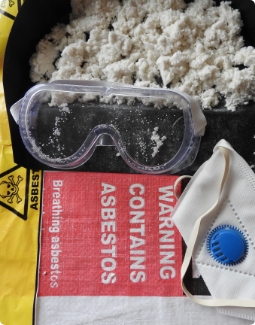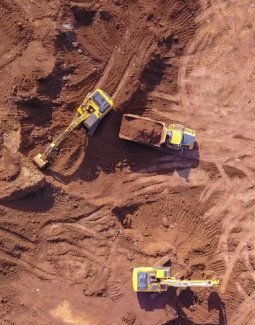Masonry is all about building and creating structures with brick, stone, and even iron. It’s an incredible field where, with the right skills and expertise, you can create final products that can last for decades, if not a lifetime.
Brickmasons
Brickmasons primarily work with brick to create structures for both residential homes and commercial buildings. They create new structures, tear down old ones, and repair and replace materials as needed. The job requires you to be up to date on the latest trends and safety regulations and know how to reliably combine and measure materials to create safe structures. As a brickmason, you often work on walls, fireplaces, patios, walkways, commercial buildings, and even homes.
Ironworkers
Ironworkers install and repair structural and reinforcing iron and steel that is used to make and support bridges, roads, and other structures, like stadiums. They must know how to weld and cut steel and iron, work with blueprints, and work with concrete to help reinforce the steel or iron bars. They must also be aware of and follow all safety rules and regulations. While ironworkers typically work outside residential projects, they may be called in to design stairs or ornamental handrails for homes. Experience using large machinery is a plus. Typically, this job requires collaboration with others so effective communication is crucial as well.
OPEN MASONRY ROLES
View all
TEMPERED PERSISTENCE: OUR PROCESS
1
Step 1
We examine your resume to determine if you are right for an available job. We look for a history of skilled work within a field and any experience as an apprentice or journeyman,
2
Step 2
We’ll invite you in for an interview to get to know you a little better, learn more about your strengths, and walk through your resume.
3
Step 3
If you’re right for an available job, we’ll present you to one or more of our clients, and they’ll decide if you’re the right fit to join their team. If so, you’ll be able to get started almost immediately!
Free Training Resources
Construction, electrical, plumbing, and many other industries are always developing and evolving. With new technologies and innovations, there is always more to learn. That’s why we recommend numerous free OSHA training resources to help you stay up-to-date in your field.
Learn More



 Grand Rapids, MI
Grand Rapids, MI





